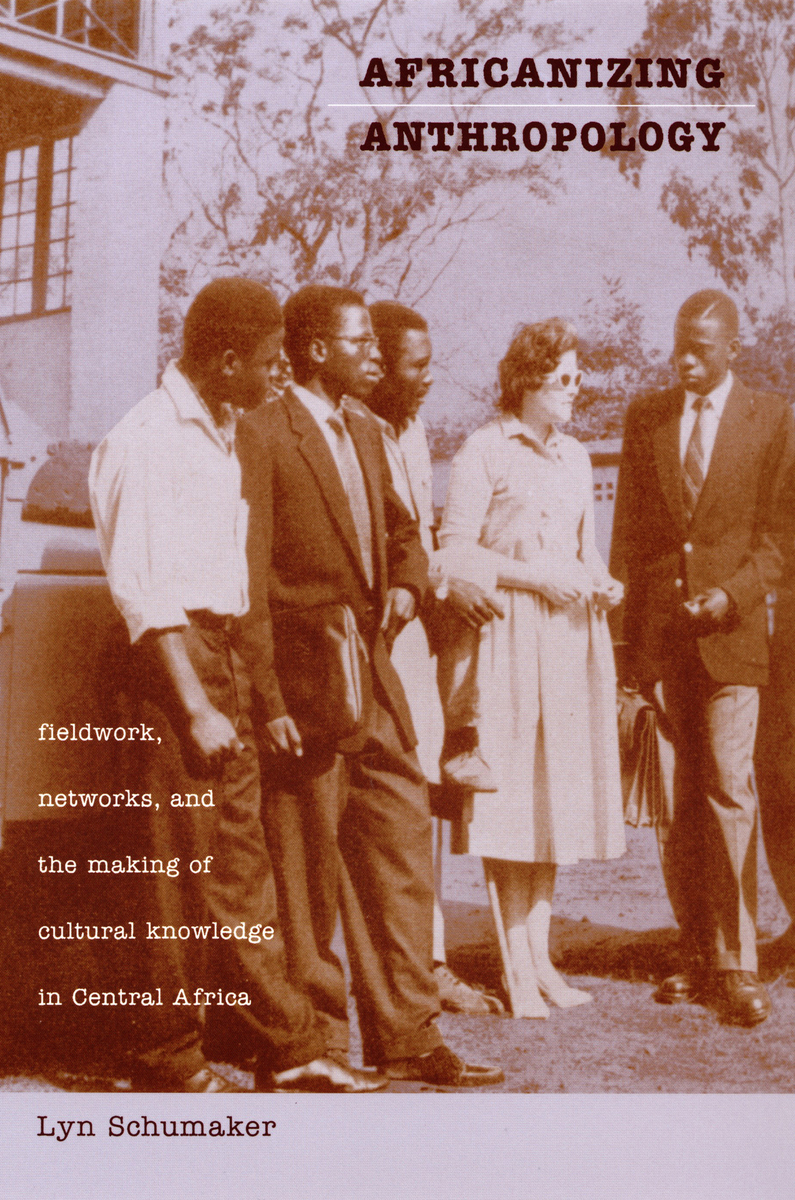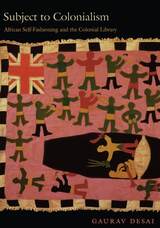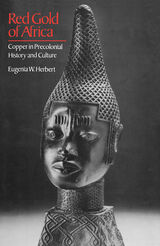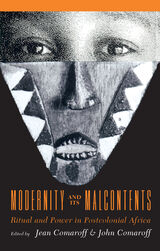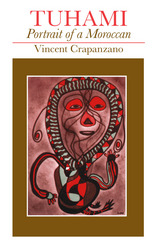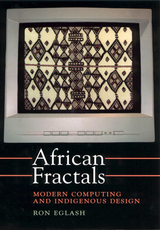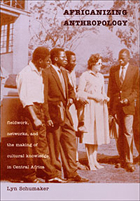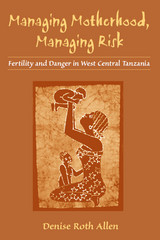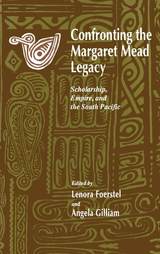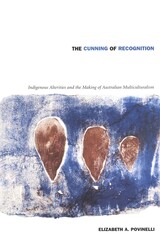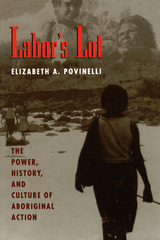Africanizing Anthropology: Fieldwork, Networks, and the Making of Cultural Knowledge in Central Africa
Duke University Press, 2001
Cloth: 978-0-8223-2678-6 | eISBN: 978-0-8223-8079-5 | Paper: 978-0-8223-2673-1
Library of Congress Classification GN657.R4S38 2001
Dewey Decimal Classification 305.80096894
Cloth: 978-0-8223-2678-6 | eISBN: 978-0-8223-8079-5 | Paper: 978-0-8223-2673-1
Library of Congress Classification GN657.R4S38 2001
Dewey Decimal Classification 305.80096894
ABOUT THIS BOOK | AUTHOR BIOGRAPHY | REVIEWS | TOC | REQUEST ACCESSIBLE FILE
ABOUT THIS BOOK
Africanizing Anthropology tells the story of the anthropological fieldwork centered at the Rhodes-Livingstone Institute in Northern Rhodesia (now Zambia) during the mid-twentieth century. Focusing on collaborative processes rather than on the activity of individual researchers, Lyn Schumaker gives the assistants and informants of anthropologists a central role in the making of anthropological knowledge.
Schumaker shows how local conditions and local ideas about culture and history, as well as previous experience of outsiders’ interest, shape local people’s responses to anthropological fieldwork and help them, in turn, to influence the construction of knowledge about their societies and lives. Bringing to the fore a wide range of actors—missionaries, administrators, settlers, the families of anthropologists—Schumaker emphasizes the daily practices of researchers, demonstrating how these are as centrally implicated in the making of anthropological knowlege as the discipline’s methods. Selecting a prominent group of anthropologists—The Manchester School—she reveals how they achieved the advances in theory and method that made them famous in the 1950s and 1960s.
This book makes important contributions to anthropology, African history, and the history of science.
Schumaker shows how local conditions and local ideas about culture and history, as well as previous experience of outsiders’ interest, shape local people’s responses to anthropological fieldwork and help them, in turn, to influence the construction of knowledge about their societies and lives. Bringing to the fore a wide range of actors—missionaries, administrators, settlers, the families of anthropologists—Schumaker emphasizes the daily practices of researchers, demonstrating how these are as centrally implicated in the making of anthropological knowlege as the discipline’s methods. Selecting a prominent group of anthropologists—The Manchester School—she reveals how they achieved the advances in theory and method that made them famous in the 1950s and 1960s.
This book makes important contributions to anthropology, African history, and the history of science.
See other books on: Africa, Southern | Field work | Fieldwork | Networks | Zambia
See other titles from Duke University Press
